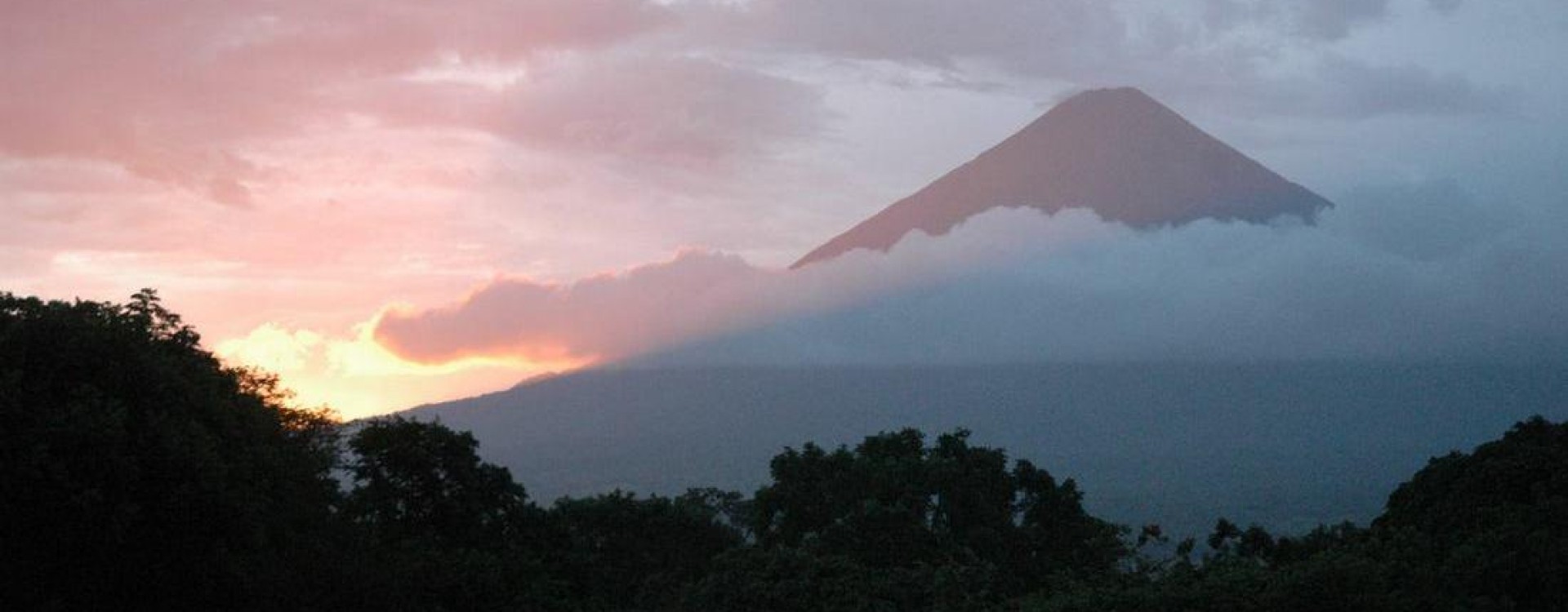I remember peering out of the plane on the way to Hormiguero and taking in the breathtaking landscape: a seemingly endless emerald ocean peppered with darker green foliage, with the occasional road snaking through the terrain. In that moment, I felt both excitement and a sense of nervous anticipation. Seeing the vast landscape extend before my field of vision finally made tangible the readings, presentations, multimedia and other material discussed in the LACS 20 course.
This may sound cliché, but the time I spent in Hormiguero was truly one of the most rewarding, unique, and challenging experiences of my life. Despite the luggage fiasco, CH team plague, and ubiquitous presence of mosquitoes, I embraced the simplicity and economy of the lifestyle I took on, sans modern technology. While we, i.e. the undergraduates on the CH team were obviously not medical professionals, I was impressed with the critical thinking, efficiency, enthusiasm, and work ethic of the team members at the clinic. As time progressed and patient volume increased exponentially, we all learned to adapt accordingly without compromising the quality of our work.
The most difficult aspect of the service was having to say to ‘no’ to families, especially when it came to giving out supplies. At the onset of the clinic, I vividly recall being surrounded by children and their mothers, tapping me on shoulder, crying “dame un cepillo” (give me a toothbrush). I kept moving in circles, giving out brushes and paste as different children frantically tried to get my attention. As the supplies rapidly dwindled, I was forced to turn people away, with great difficulty. I had to come to terms with the fact that a) resources are limited, b) items we take for granted in the States are incredibly valuable in other countries, and c) you can’t help everyone.
After taking LACS 20, I abandoned the notion of service as a noble act to “save” underprivileged communities, but I still took comfort in the fact that I was living with a clear goal and purpose. As time went on, it became clear to me that this purpose exceeded simply passing out medical supplies and collecting data. Service–or rather “collaborative work”, as phrased by one of the course’s guest speakers– significantly encompasses communication. When I asked Hugo Gonzalez (International Volunteer Coordinator of Bridges to Community) how he felt about the undergraduate volunteers in terms of the type of contribution they made, he affirmed this sentiment by responding that he derived value from interacting with the students and learning from them. Communication, or essentially the sharing of knowledge played a pivotal role in the clinic, whether it took place between two physicians regarding a patient’s case, or between a student volunteer and a patient for the nutrition survey. In between tooth lacquering sessions, I enjoyed having the opportunity to interact with the children and discuss their lifestyles, their interests, their hopes and ambitions. As Professor Martinez (whom I interviewed for my oral history) stated, “lo único que busque es alguien se siente a tu lado y te escuche.” The only thing that they look for is that someone sits next to [them] and listens to [them]. It is my belief that this level of conversation is what shifts the power dynamic in service from one of giver-receiver to one of mutual learning.
The CCESP affirmed my decision to pursue a career in medicine and public health. I’ll never forget the sense of relief exhaled by young mothers’ upon receiving much needed treatment for their infants, or the pure joy that illuminated the faces of elderly patients who could finally see clearly after being fitted with reading glasses. “Que Dios te bendiga,” I was repeatedly told. May God bless you. I became especially aware of the importance of extending advanced healthcare to rural areas, as I saw patients who walked for up to three days from the surrounding communities to reach the clinic. I realized that we had no way of reaching those who were too sick or elderly to travel– an issue that should be addressed for future trips.
Overall, the CCESP was an unforgettable, tuani experience– diacachimba, as the Nicaraguans say. I will cherish the friendships I made, the conversations I had on life and language, the skills (technical and otherwise) I obtained, and possibly even arroz con frijoles– rice and beans. My time in Nicaragua is a chapter in my life that has helped me continue to understand who I am and who I plan to be, and it’s a narrative I’ll perhaps continue in the future.
